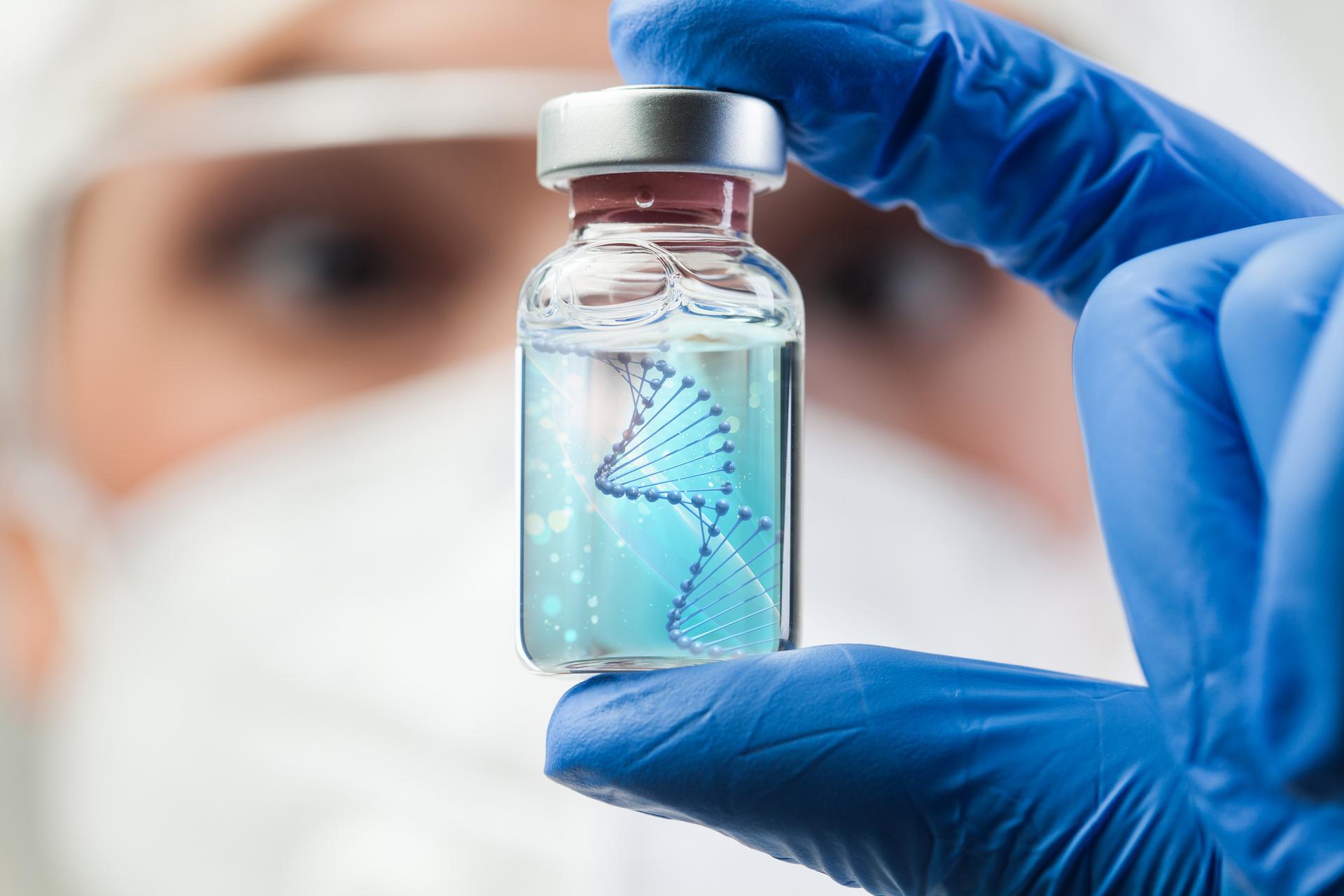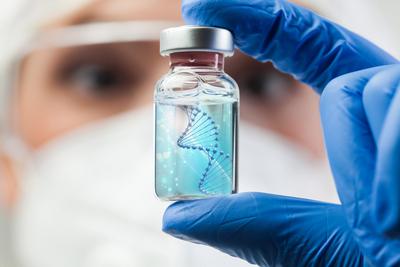How Accurate Are DNA Tests?
In today's world, a quick cheek swab can reveal so much about you. It can even confirm family ties. At Health Street, our DNA tests offer 99.9% genetic testing accuracy. But you might wonder, can you always trust the results?
In this blog, we'll look into the accuracy of DNA tests, the elements that can affect their reliability, and why these tests are about more than just ancestry tracing.

Factors Influencing DNA Test Accuracy
DNA tests are very reliable these days, but some factors can alter their accuracy.
Quality of the DNA Sample
If you're using an at-home DNA kit, follow the guidelines closely for genetic testing accuracy. Don't use the same swab for multiple people and don't touch the tip. Also, avoid eating, smoking, or drinking for at least an hour before the test to ensure viable DNA is collected.
If you can't do a cheek swab, we also have alternative specimen DNA tests.
Laboratory Techniques and Technologies Used
DNA test reliability also depends on the labs and technologies used. Health Street uses the latest technologies, ensuring 99.9% genetic testing accuracy, whether using a home kit or visiting our clinics.
Interpretation of Results
Understanding DNA testing is straightforward with Health Street. When you get your results, you'll see a clear number, often showing either 0.00% or 99.9% chance of a relationship like paternity. If you want to look deeper into your genetic information, the report also indicates which alleles (or genetic markers) you inherited from your mother and which from your father.
Potential DNA Discrepancies
Although unlikely, sometimes biological siblings do ancestry tracing and find out their results are entirely different. This causes them to question whether DNA tests are accurate and whether the genetic information provided is true, as they know they have the same mother and father.
Situations When DNA Results Might Vary
Everyone inherits 50% of their DNA from each parent. However, that doesn't mean that siblings inherit the same 50% of their DNA from their parents. That's why DNA tests might show different results for siblings, and it does not mean the genetic information is false.
Steps to Ensure You Get the Most Accurate Results
Here are some tips:
- Choose a service with high DNA test reliability.
- If you're using a home kit, follow all the guidelines for the best genetic testing accuracy.
Benefits of DNA Testing Beyond Ancestry
DNA tests aren't just for ancestry tracing or lineage verification. They can confirm relationships, allowing you to look into your health risks if you know that person has genetic health issues.
Understanding Genetic Health Risks
Have you ever noticed that your parents have health problems like your grandparents? It could be because a particular disease runs in your family. Your parents likely inherited those factors from their parents, and you could have the same genetic health risks.
DNA Testing with Health Street
Health Street aims to provide reliable, non-invasive DNA tests with a quick turnaround. We use AABB Certified labs to ensure the highest standards of genetic testing accuracy.
Advantages of Professional DNA Testing with Health Street
With Health Street, you get DNA tests that are quick, pain-free, and reliable. That way, you can enjoy peace of mind along with your newfound genetic information.
Purchase a DNA testing kit today or obtain a DNA test at your nearest Health Street collection clinic.
Frequently Asked Questions
Can a DNA test result be wrong?
It is extremely rare for a DNA test report to be wrong. Health Street's DNA tests are 99.9 % accurate.
How accurate is DNA testing for ancestry?
Health Street's DNA tests are 99.9 % accurate. We test for close relationships like siblings, paternity, maternity, aunts or uncles, and grandparents. For Health Street DNA testing, a sample must be collected from two or more people to be compared and analyzed.
How far back can DNA be traced?
It depends on the type of DNA test. Health Street offers genetic testing designed to determine if two or more people are related. Usually, our DNA tests are used to determine if two living people are related, although we also offer postmortem DNA testing for determining the biological relationship of someone who has recently passed.






